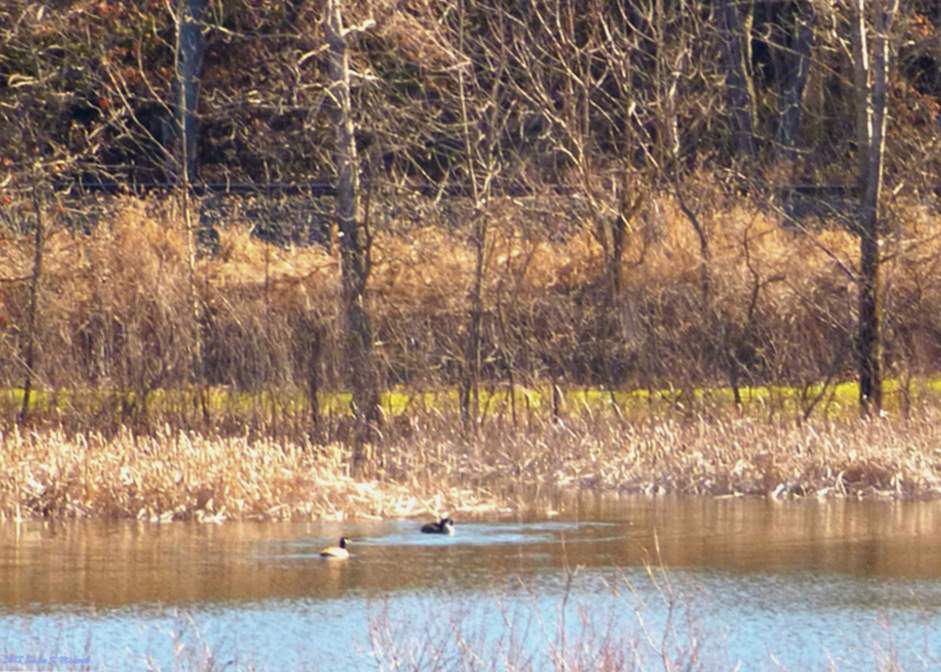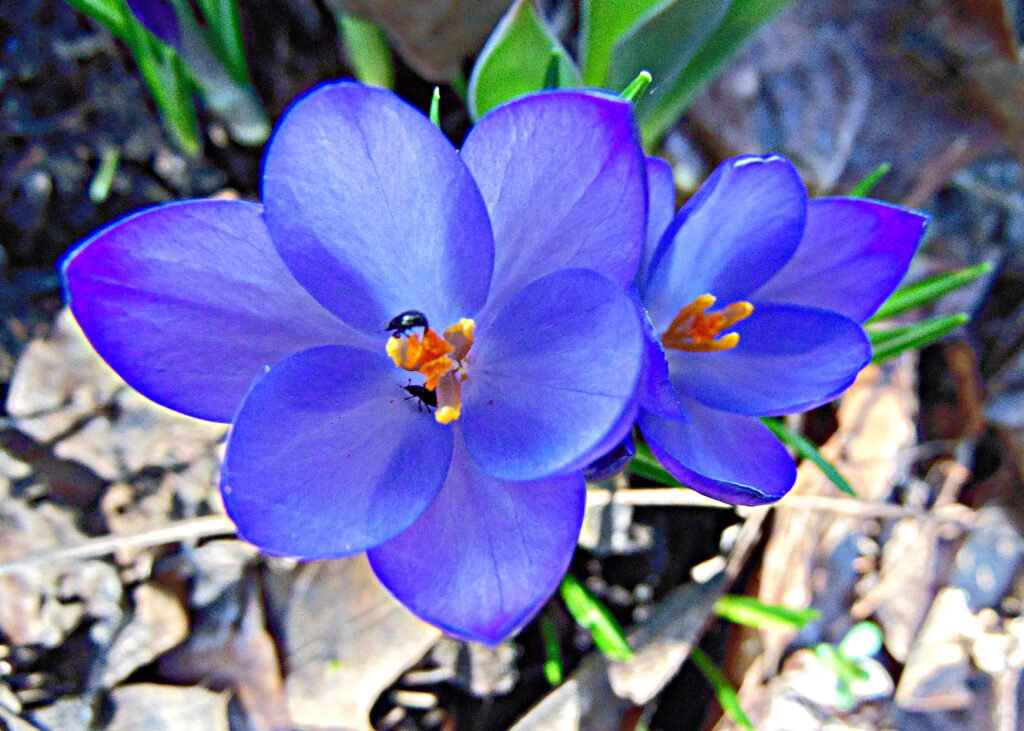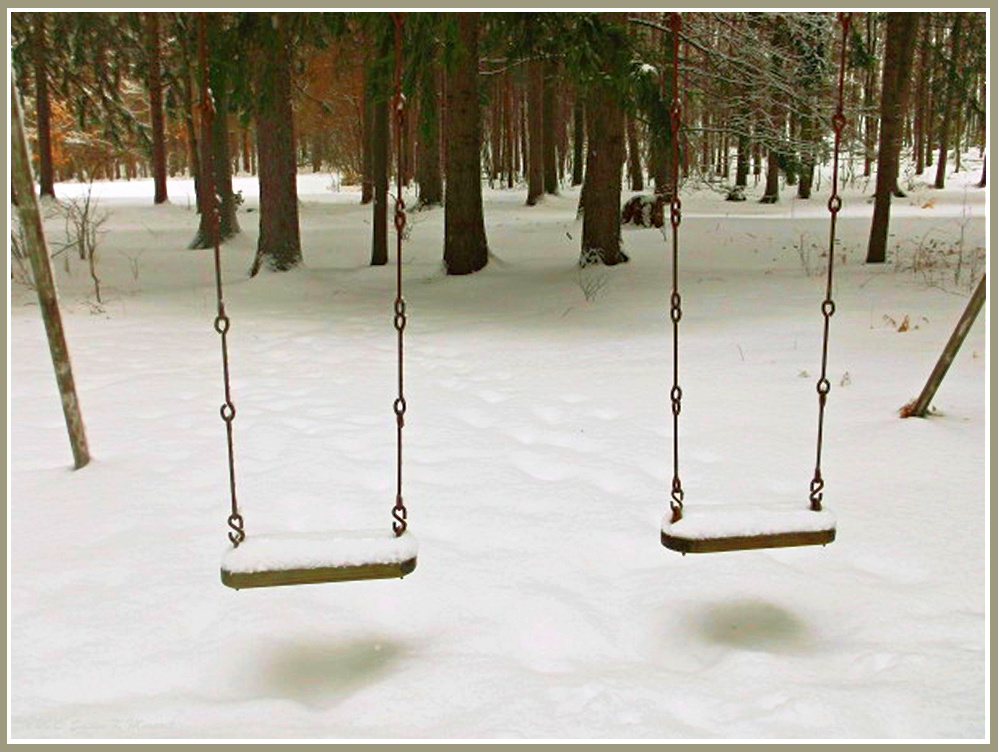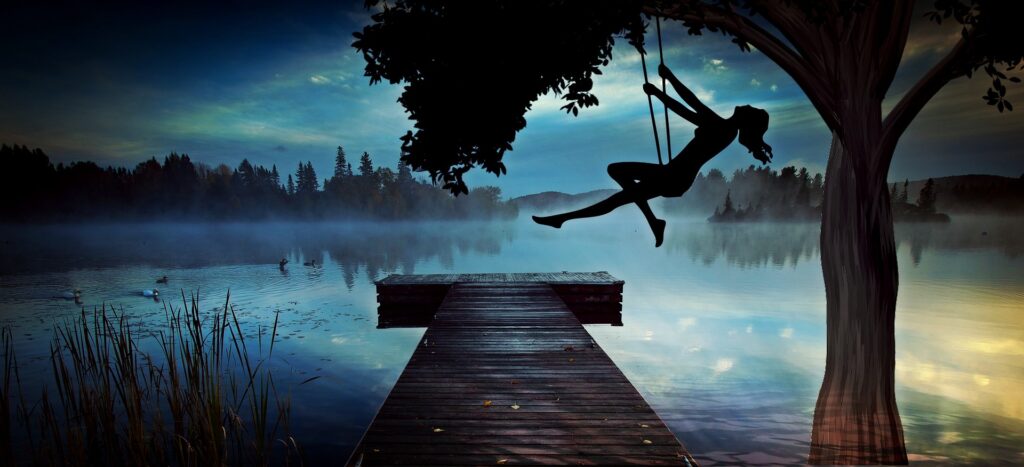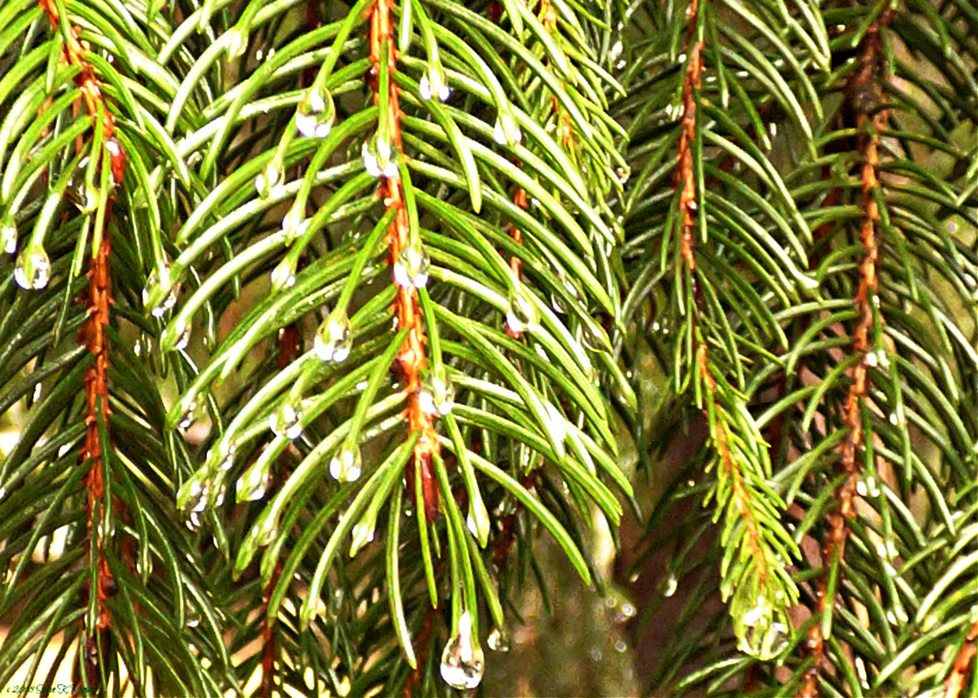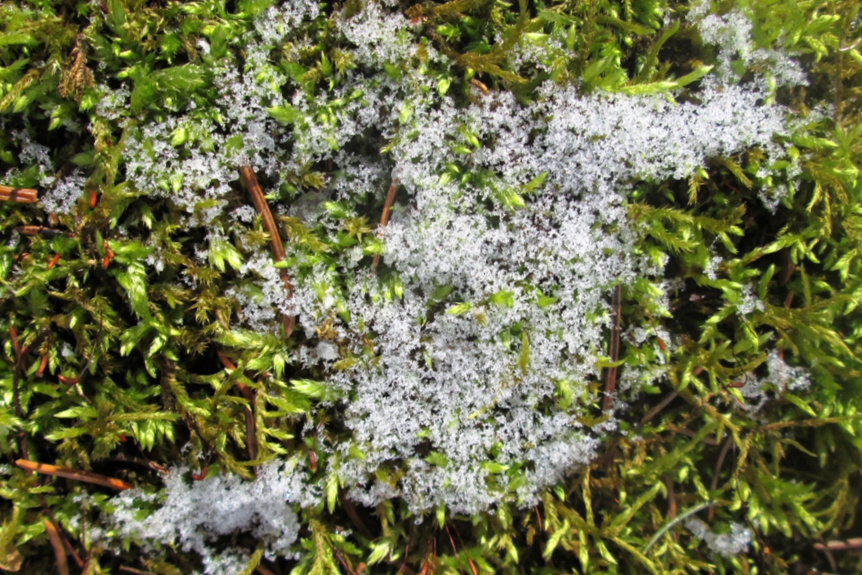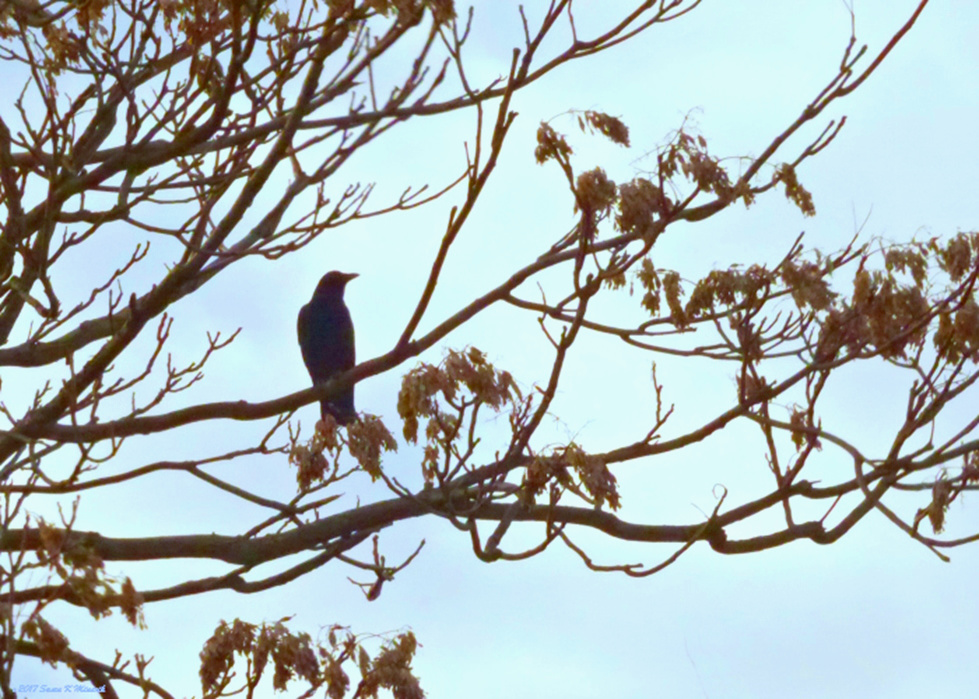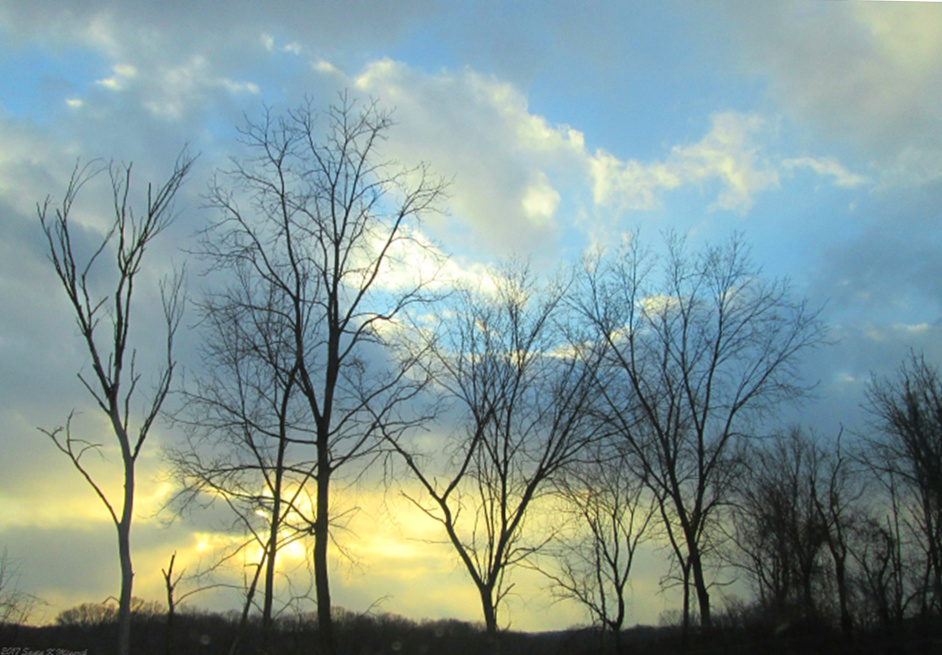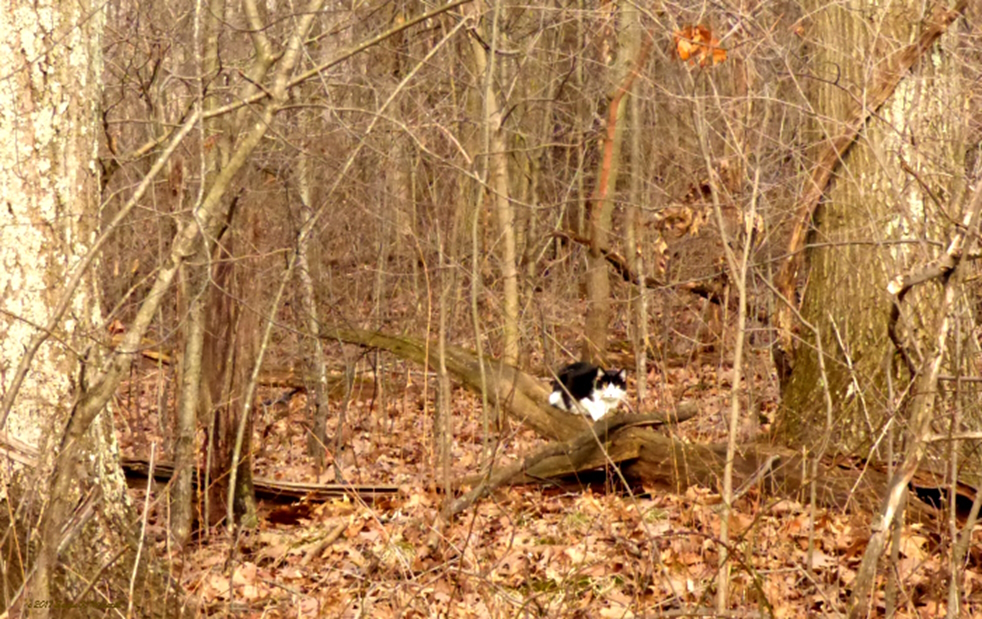Every Saturday as go through my day, I notice my mind casting about in search of the focal point for the letter I’ll write to you in the evening. I call this mostly subconscious process, the working of “the boys in the back room.” They’re the guys that put all this together, point me where to go, slide messages under the door and into my awareness.
I’m often quite surprised at what it turns out that I say. But I trust the process.
Today, I was inspired to go through a stack of my “Sunday Letters” from way back in 2015. That’s nine years ago. I opened it to March and pulled out a letter dated the 8th of that year.
The parallels to events currently unfolding in my personal world were, to say the least, an amazing synchronicity. But beyond that, it put into words what I’ve been wanting to say for a while now.
I immediately felt compelled to share it with you. It’s meant for somebody special. Who knows? Maybe that somebody is you.
Here it is:
When the Bough Breaks
It was a week of sad news and an unexpected challenge.
The challenge wasn’t all that bad, relatively speaking. The drain for my kitchen sink froze, breaking a seam between two pipes, and before the squishy sound of the carpet under my feet told me there was a problem, my entire sink floor was flooded and water had seeped under the old tile beneath the carpet. I’m not happy with the situation, of course. But it’s nothing that can’t be repaired.
Besides, I’ve learned to bolster myself in the face of life’s normal challenges by flexing my bicep Rosie-the-Riveter style and defiantly snarling, “Bring it on!” Works like magic.
Sad news is a little more difficult to handle. On Tuesday, an old friend of mine called to tell me he was in the hospital. He had slipped on a patch of ice, fallen, and broke his hip. His general life situation wasn’t all that great to begin with, and this is going to be a serious setback for him.
I have two other friends who are enduring difficult medical situations, too. It’s hard to watch those you care about suffer. It’s hard even to watch the suffering of strangers half a world away.
But pain and problems are a part of life, a part of all of our lives. It’s almost as if they’re a necessary part of being fully human. They test our courage and our ingenuity and resolve. They keep us humble. They give us a chance to think about what really matters in our lives. They break our patterns and shift our view of things. They remind us that we’re mortal.
Confronted with my friends’ difficulties, I remembered Tara Brach’s helpful words: “This is suffering. Everyone suffers. May I be kind.”
When you’re the one who is suffering, it helps to remember that you’re not alone. Pain is universal; it visits us all. Be kind to yourself.
When you’re a witness to pain, let kindness be your unfailing flag. Be there, with a loving heart, for family and friends who are enduring pain. Bring them your patience and your cheer, your encouragement and your faith in their strength. Be there to listen. Be there authentically, with your whole heart.
That goes for emotional and mental suffering as well as physical ailments and injuries. Hurt happens on a lot of levels.
And so does healing. And the very best medicine is love.
Wishing you a week of kindness – given and received.
Warmly,
Susan
Image from https://pixabay.com/users/publicdomainpictures-14/
